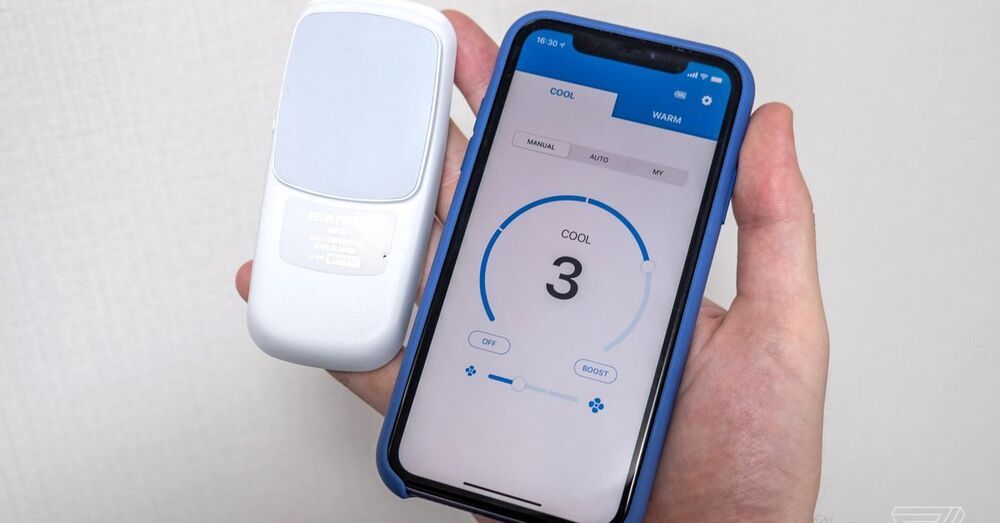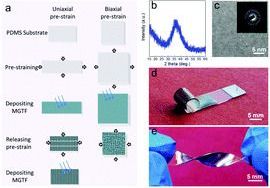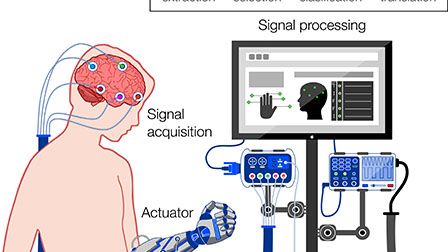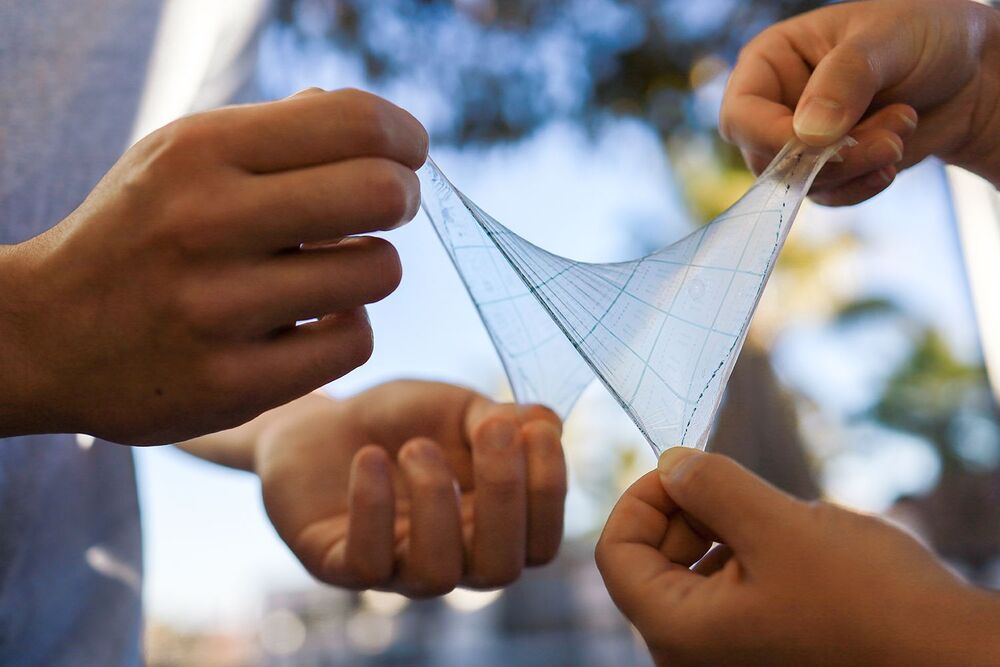Bio-Digital Twins, Quantum Computing, And Precision Medicine — Mr. Kazuhiro Gomi, President and CEO, and Dr. Joe Alexander, MD, Ph.D., Director, Medical and Health Informatics (MEI) Lab, NTT Research.
Mr. Kazuhiro Gomi, is President and CEO of NTT Research (https://ntt-research.com/), a division of The Nippon Telegraph and Telephone Corporation, commonly known as NTT (https://www.global.ntt/), a Japanese telecommunications company headquartered in Tokyo, Japan. Mr. Gomi has been at NTT for more than 30 years and was involved in product management/product development activities at the beginning of his tenure. In September of 2009, Mr. Gomi was first named to the Global Telecoms Business Power100 — a list of the 100 most powerful and influential people in the telecoms industry. He was the CEO of NTT America Inc. from 2010 to 2019 and also served on the Board of Directors at NTT Communications from 2012 to 2019. Mr. Gomi received a Masters of Science in Industrial Engineering from the University of Illinois at Urbana-Champaign, and a Master of Science in Electrical Engineering from Keio University, Tokyo. Mr. Gomi is a member of the board at US Japan Council, a non-profit organization aimed at fostering a better relationship between the US and Japan.
Dr. Joe Alexander, is Director of the Medical and Health Informatics (MEI) Lab at NTT Research, where he oversees the MEI Lab research in multi-scale Precision Cardiology platforms such as the cardiovascular bio-digital twin, as well as heart-on-a-chip technology, specifically aimed at developing the infrastructure for a digital replica of an individual’s heart. In addition, the MEI Lab is working on nano-and micro-scale sensors and electrodes, other organ-on-a-chip micro-fluidics technologies, as well as wearable and remote sensing to support future bio-digital twin applications.
Before coming to NTT Research, Dr. Alexander spent 18 years at Pfizer, Inc., where he had most recently served as Senior Medical Director, Global Medical Affairs, working in cardiovascular medicine, worldwide clinical imaging and measurement technologies, medical devices and pulmonary hypertension, and regularly conducting modeling and simulation research in many of these areas. He previously worked for two years at Merck, Inc. and spent eight years at Vanderbilt University, where he completed a two-year residency in internal medicine and served as a professor of medicine and biomedical engineering. Dr. Alexander obtained his M.D. and Ph.D. (in biomedical engineering) degrees at the Johns Hopkins University School of Medicine.





